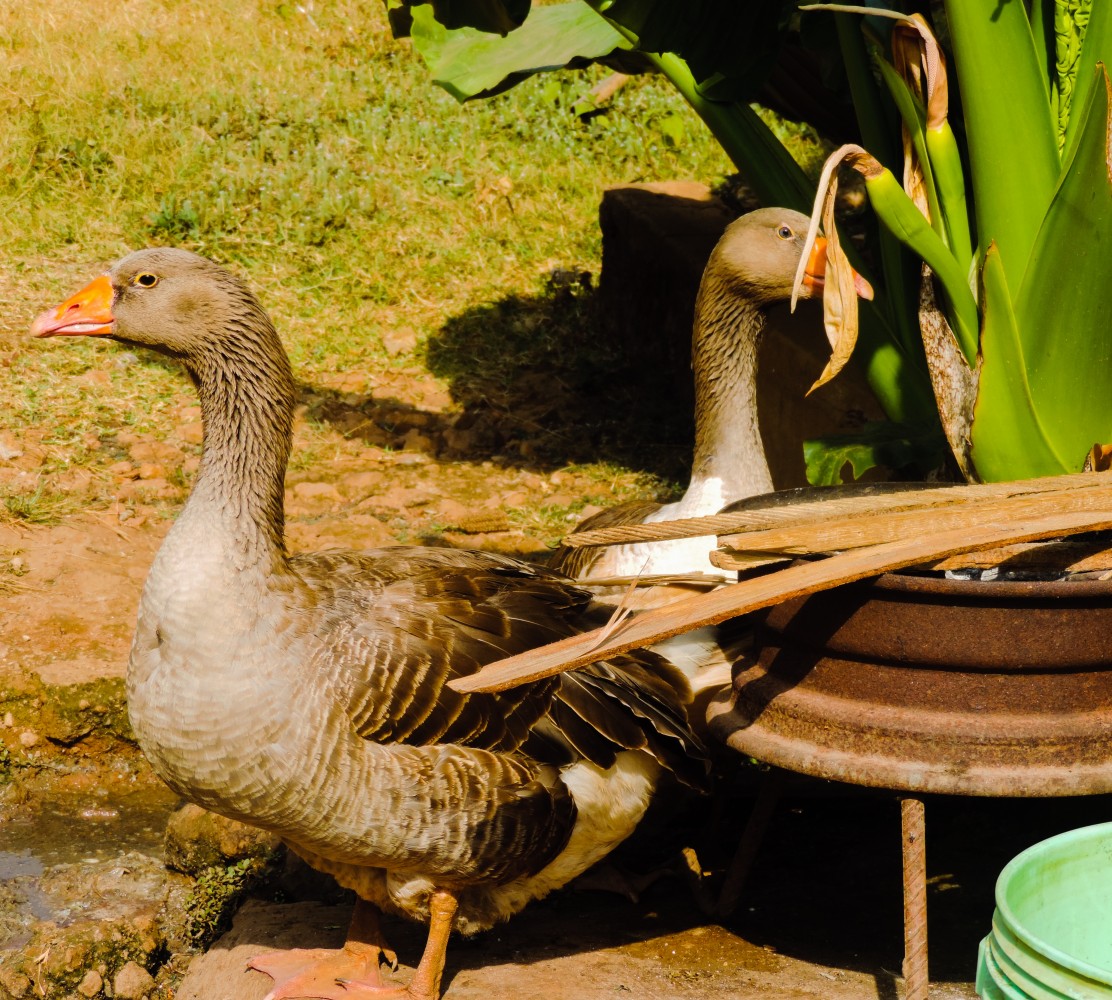At age 18, I developed an eating disorder which couldn’t be treated. It could not be treated, it just couldn’t. It wasn’t an absence of specialist or therapists. I was foolish then, I told mother. I was too young to know I was an ingrate for suggesting such a thing; they were many children hungry in the villages. What was bulimia to hungry children?
The problem was that I failed to realize that young Yoruba girls don’t live their lives shopping for dresses too small or aspiring to look like the perverted covers of fashion magazines. They grew from tiny cocoons, cooking and cleaning, keeping themselves pure for the husband they would someday mature to please. Young girls were pretty flower seeds; they had to be planted just perfectly and trimmed of all ugliness, of weeds, of those darkness only strippers and prostitutes carry so well. No. we couldn’t afford that. We would trim as aggressively as necessary, uproot bad friends, partying and most important of all “laziness”. At least that was what father said.
Girls couldn’t be lazy. Who would feed the family and bear children? We had far more important tasks. We couldn’t afford laziness, eating disorders or perversion. “Men have choices, women have to be chosen” Mother tried to drum this into my skull. She taught me the way to a man’s heart; cooking spices and flower fragrances. “Smell good, look good, and cook well”. She taught me to kneel properly, to bow my head in the presence of elders. Mother raised a good wife.
At Age 19, I loved to watch my neighbor who returned from university, he stretched out his full torso while washing the car on bright sunny August mornings. I would escort my mother downstairs one morning. I met Tunde that day. We spoke for hours in the half washed car; we exchanged stories from universities to dodgy friends, we compared schools and teaching systems. He schooled in oxford. Tunde had grey almond eyes; I couldn’t stop staring into them. What made them so grey? He had a lot of theories; he didn’t want to return to Nigeria after school simply. These alterations fell off his lips so easily. Who would care from his mother? He didn’t believe in religion “it divides the world” he said so easily. We sat there till late afternoon; I loved his voice, his near British accent made me dream. He told me about his favorite lecturer. I think that was what struck me, it had to be. She was Dr. Olatunji, she taught literature and wore a wooly rough afro, and she was Nigerian, married to a Spanish man. “How can a Spanish man bear Olatunji?” questions fell off my lips easily around him. “Well he is Dr. Leonard” Tunde smirked “she wouldn’t change her name, she’s a feminist.” Tunde told me stories about women who headed families, single women, and independent women. When I climbed up the stairs back home my head was spinning, trying to accept the stories of women who caused disorder. Few years later, I would call myself a feminist.
I hung out with Tunde a lot that summer. The last time, being the most memorable. That night I snuck out through the kitchen door holding black heels. I wore a large sweater over a dress so short, it would make father cringe. Tunde took me to my first night club, a bright room thrown into near darkness; it was brimming with people and booming with loud music. It was called Ecstasy. I remember Tunde laughing, he laughed loudly, the sound clashing against the beat of the music, and in that moment he seemed to be part of some unrehearsed orchestra. Tunde could make music. I moaned in soft tones in his car that same night. I told him I loved him. That was the last time we hung out. Tunde left in September, I was downstairs when his car passed by filled with black boxes and anxiety. He was going back to oxford. Tunde blew a kiss. The bastard blew a kiss. I smiled.
